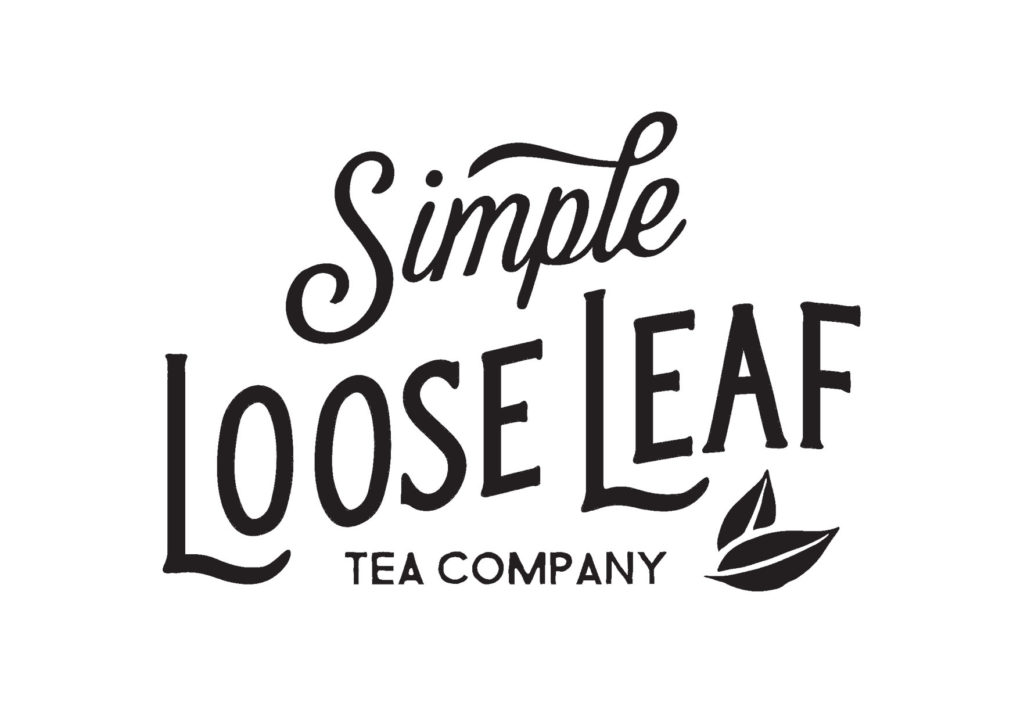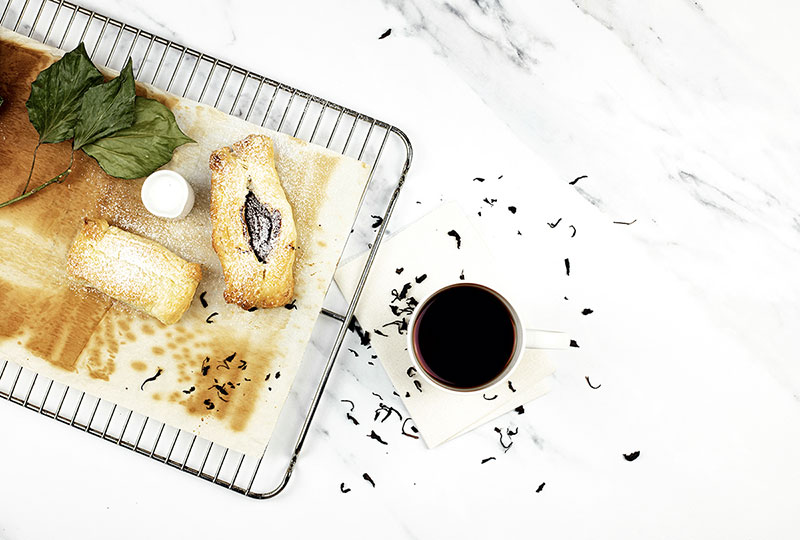Best Milk and Tea Pairings
Long gone are the days when adding milk to tea was a simple task. Today, a simple question “How do you take your tea” often gets a more elaborate answer than simply with or without milk and sugar.Cow’s milk, goat’s milk, oat’s milk and about 30 other types of milk, can turn making a simple cup of tea into anything but simple. In fact, drinking tea has never been more complicated. Read about the best milk and tea pairings.
What milk is best for tea?
Milk and tea have been a perfect pair ever since afternoon tea parties started taking place a few hundreds of years ago. Today, the tradition is still strong, but the choices are significantly different. If you are not a vegan or vegetarian, and don’t have a milk intolerance, cow’s milk is by far the best milk for tea. Many teas, including Indian spiced tea chai masala, sweet Malaysian The Tarik or pulled Hong Kong milk tea would be impossible to make without regular cow’s milk–or cow’s milk products such as condensed milk or evaporated milk. Cow’s milk will usually have the most neutral flavor, or at least the flavor we are mostly used to, and the best texture to create ultimate creamy drinks.
However, there are many types of cow’s milk, with a different percentage of fat and other nutrients. Fat content in milk will have a huge impact on your tea. Regular types of cow’s milk include skimmed, semi-skimmed and whole milk, each with a different percentage of fat. Skimmed milk usually has less than 1% of fat, semi-skimmed will most have around 2%, and expect over 3% in whole milk. Some types of full fat milk can have over 5% of fat. Which one is the best for a simple cup of tea? The one with the highest fat percentage. However, when making other milk tea drinks, you may experiment more.
Best milk and tea type pairings
When pairing milk with tea always take into consideration flavors and textures. For example, teas with stronger flavors such as Assam tea are strong enough for creamier whole milk. Lighter and more delicate oolong or black teas, for example Vithanakanda black tea from Sri Lanka, may be better with just a tiny bit of lighter semi-skimmed milk or a dairy free milk. If the color of your tea is dark red or dark brown, it’s likely a sign of a strong tea. Lighter teas will usually have lighter orange-brown color.
Next, consider the flavor of your tea and milk. Milk generally goes well with all pure teas or blends that have chocolaty, creamy, smoky, nutty, toasty, malty, vanilla and spicy notes. Some teas with fruity or citrusy notes may pair well with milk too, for example Earl Grey. Try to match flavor notes in your tea with milk flavor. Herbal Pinacolada tea with shredded coconut may pair wonderfully with a bit of coconut milk, while Earl Grey de la Creme will taste better with regular or cashew milk.
Black tea
Strong black tea is almost always best served with whole milk. The creamier milk will be better for full-bodied teas such as Assam or strong Irish Breakfast blends, and lighter or non-dairy alternatives may be a wonderful choice for medium-bodied teas. Strong teas may even go well with goat’s milk, which is not suitable for other lighter teas because of a unique, even slightly salty flavor.
Green tea
Green tea is typically served without milk. However, there are exceptions, especially when making green milk teas such as matcha latte or Kashmiri chai. The best milk to use is whole milk, but plant-based options may work well too. Other types of green tea that go well with milk are Japanese roasted green teas such as hojicha. If you feel you want to experiment, try making genmaicha tea latte with rice or almond milk.
Herbal tea
You may drink some herbal teas with milk as well. Rooibos, chamomile and even peppermint may all be served with milk. Peppermint tea may taste delicious with almond or coconut milk, while rooibos can be served with almost any type of dairy or dairy free milk. Red rooibos blends with chocolate or caramel notes may be very tasty with a bit of peanut milk or regular cow’s milk.
Oolong tea
Oolong tea is typically served without milk or sugar. This type of tea can be more or less oxidized, making it closer to green or black tea. If you are drinking a darker oolong, adding a splash of milk may actually give a delicious cup. Oolong tea has a lighter texture, and whole milk may be too heavy for this tea. As it often has interesting nutty notes, a bit of dairy free nut-based milk may give a really delicious note. Try walnut, macadamia, almond or rice milk.
Bubble tea
Bubble tea, a very popular tea from Taiwan, is best made with whole milk. Because this type of tea should be creamy, you may even use other types of milk products such as single or double cream or half and half, especially if you are making bubble iced tea. Many milk tea recipes can be made using milk products with a high fat percentage because they are made with a stronger tea base.
Chai Masala
To make a perfect cup of chai masala always try to use whole milk. Whole milk will give the creamiest cup. The best dairy free alternative is macadamia milk, but you may use oats or almond milk. Creamier coconut milk will taste amazing too. If the milk is too watery, replace all water from recipe with milk to get a creamier drink. Keep in mind though, masala chai is a milk tea, not a tea with milk. It’s prepared with more leaves and by boiling, rather than steeping. For making a cup of regular chai tea by steeping tea leaves and spices in boiling water, always add only a bit of milk.
Milk alternatives for tea?
If you don’t want to use dairy products, there are over 30 different milk alternatives on the market. In fact, you can easily make your own milk at home. Many milk alternatives may not be ideal for adding into your tea, simply because they are too watery. If you decide to make a dairy free milk at home, you can add less water and make it into a much creamier alternative. Read more about milk alternatives here.
Disclaimer: This article is for informational purposes only. It’s not intended to replace medical advice, diagnosis or treatment. Every person is different and may react to different herbs and teas differently. Never use teas or herbs to treat serious medical conditions on your own. Always seek professional medical advice before choosing home remedies.



